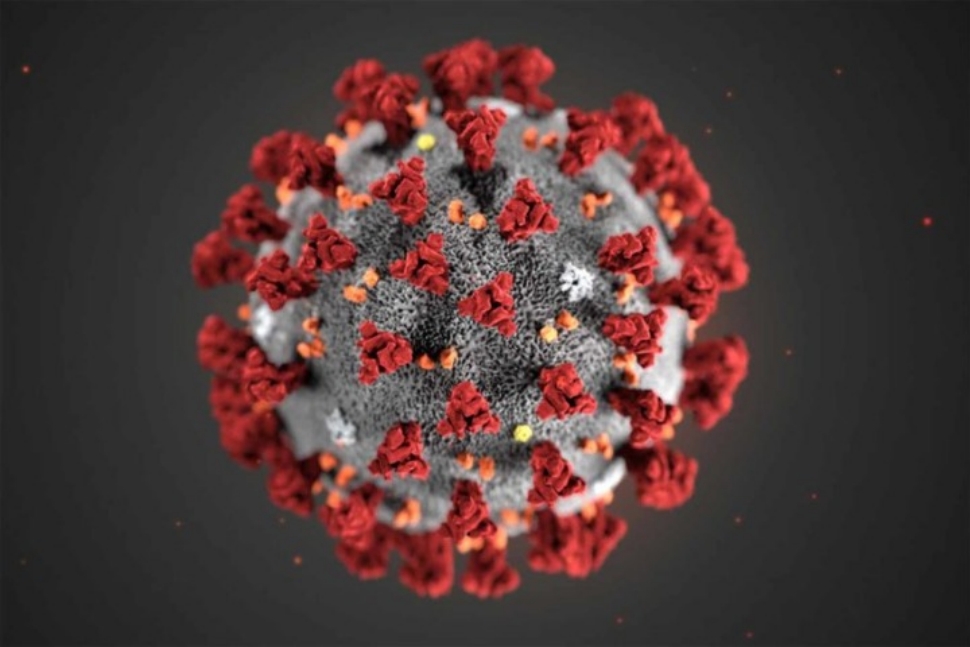trending topics
market reports
-

Registration Now Open: MEDICAL JAPAN 2026 OSAKA – Western Japan’s Largest Healthcare Trade Show
2026-02-10
-

MEDICAL JAPAN 2025 OSAKA Returns to Showcase Global Innovations
2025-02-17
-

Visit MEDICAL JAPAN 2023 TOKYO and take full advantage of the business opportunities!
2023-09-01
-

US to distribute 400 million free N95 masks at CVS, Walgreens in COVID fight
2022-01-21
-

Ethiopia receives additional 2.2 mln doses of Chinese-donated COVID-19 vaccines
2022-01-21
-

Hong Kong researchers say they develop novel material able to kill COVID-19 virus
2022-01-14
-

10 million more Chinese doses on way for Kenya
2022-01-14
-

Sino-African ties on track for a brighter future
2022-01-07
-

Efforts urged to boost COVID-19 vaccine production capacity in poor countries
2022-01-07
-

UAE approves Sinopharm's new protein-based COVID-19 vaccine
2022-01-07
Gaucher's disease drugs effective against coronavirus: Israeli research
2020-07-10

A worker weighs drugs at the workshop of a pharmaceutical company in Haikou, south China's Hainan Province, on Feb. 3, 2020. (Xinhua File photo)
Israeli researchers have found that derivatives of two Gaucher's disease drugs are effective against coronavirus, the defense ministry said Tuesday.
Gaucher's disease is caused by a deficiency of an enzyme that breaks down lipids in the cells, leading to impairment of body function, limb enlargement and bone pain.
In a study conducted by Israel's Institute of Biological Research (IIBR) and published in bioRxiv preprint platform, the researchers examined the existing drug Cerdelga, as well as another drug that is currently in advanced stages of approval.
According to the ministry, the derivatives of both drugs significantly reduce the replication capacity of coronavirus, as replication causes the destruction and mortality of the infected human cell.
This decrease in the replication capacity prevents cell damage after infection.
The experiments were conducted in cell cultures and are currently being tested for efficacy on animals.
Both drugs were previously found effective on animals against other virus strains such as influenza and West Nile viruses, indicating that they may also be effective against future outbreaks of new viruses.
IIBR, a governmental institute founded in 1952, deals with applied research in the fields of biology, microbiology, medical chemistry, natural sciences and environmental sciences.
(From Global Times)



 My Member
My Member Message Center
Message Center











